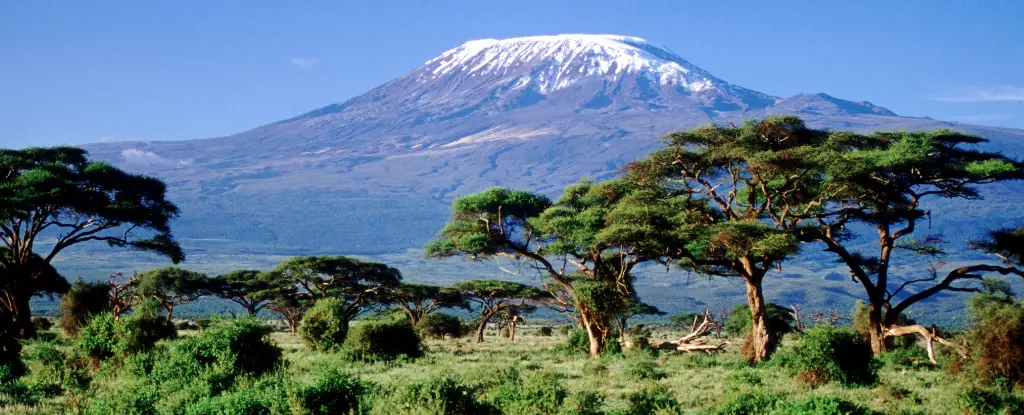The contrast between traditional African diets and Western foods couldn’t be starker. Historically, African food cultures have thrived on a rich tapestry of vegetables, whole grains, and fermented products that express the continent’s incredible culinary diversity and nutritional wisdom. Yet today, as globalization accelerates, many regions in Africa find themselves at a crossroads, faced with the seductive allure of Western diets. This cultural shift, while often dismissed as a mere modern convenience, poses a serious threat not only to individual health but also to communal identities and traditional practices.
In recent studies led by infectious disease specialists, including Quirijn de Mast from Radboud University Medical Center, the repercussions of this dietary transformation have been laid bare. The focus has long been on the health benefits of traditional diets from countries like Japan and those surrounding the Mediterranean Sea. However, the glaring gap in existing research on African traditional diets reveals a painful oversight — one that, if unaddressed, may lead to a deterioration of health outcomes across nations embracing Western dietary habits.
The Health Impact of Diet Swaps
A pivotal study conducted in Northern Tanzania captured the stark contrast in health metrics when participants switched from a Kilimanjaro heritage diet to a Western menu comprised of processed foods. The trial, engaging 77 healthy men from diverse backgrounds, showcased the immediate and profound effects of such dietary changes. In a mere two weeks, those who indulged in Western foods experienced troubling increases in inflammatory markers and alarming declines in immune responsiveness. The repercussions were significant enough to raise red flags about the so-called modern diet that many are now adopting unquestioningly.
Conversely, individuals who reverted from Western-style eating back to their traditional fare demonstrated a remarkable increase in immune efficacy and a host of other positive metabolic responses. Consuming fermented beverages and staples rich in whole grains made a difference so palpable that changes persisted even weeks after dietary adjustments had been made. This isn’t just trivial information; it’s a clarion call for awareness regarding the potent ties between food choices and health.
A Vanishing Heritage
As traditional diets see dwindling adherence amid rising desires for convenience, the cultural implications are immense. Emigrants from African countries climbing the socio-economic ladder in Western societies face a dilemma: adhere to the comforting familiarity of their heritage diets or acquiesce to the easy access of fast food and processed meals. This dilemma serves to erode identities that have thrived on culinary heritage for generations.
What makes this phenomenon even more troubling is how it affects communities attempting to retain their traditional foods while navigating new cultural landscapes. The health risks tied to Western diets are not merely personal but communal; when one member of the community suffers from diet-induced illnesses, the repercussions can ripple through families and neighborhoods. Losing touch with healthier culinary traditions equates not just to losing recipes but losing a crucial aspect of wellness and identity.
Challenging the Status Quo
The emerging research illuminating the health impacts of diet transitions serves as a stark reminder that food systems cannot be divorced from cultural identity and health outcomes. The call to action is immediate: societies and organizations should take proactive measures to support the preservation and appreciation of traditional African diets. Education about the nutritional wisdom embedded within these foods not only serves to empower health but also fortifies community bonds.
By amplifying the discussion around how modern dietary trends undermine the health of populations previously thriving on their traditional diets, we can push for a return to what nourishes our bodies and the very essence of our communities. Food is not merely fuel; it shapes who we are, how we relate, and ultimately, how we thrive. Addressing the consequences of abandoning our culinary heritage will take concerted effort from researchers, policymakers, and individuals alike, but it is an effort worth undertaking — for the sake of our health and our identity.
It’s time to awaken to the bitter truths about the dietary upheaval sweeping across Africa, recognizing that what nourishes us goes far beyond mere calories and convenience. Let’s reclaim the stories and health that traditional diets have gifted to us and not let them slip away unnoticed.


Leave a Reply